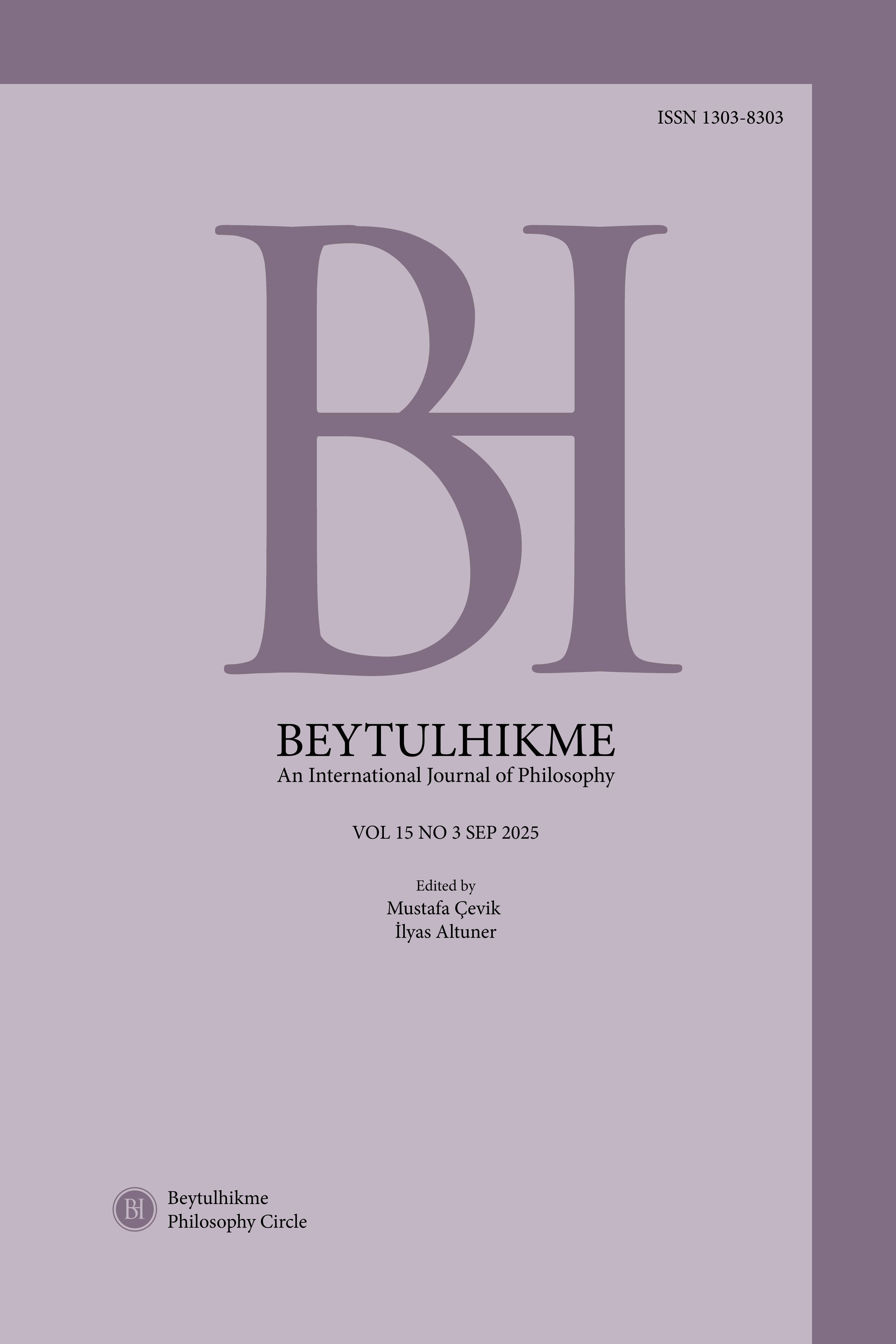Mantık ve Felsefe ile Oryantalizm-Oksidentalizm Tartışmalarının Ötesine Geçmek: Fârâbî ve İbn Rüşd’ün Tekil Dünyasında Aristoteles, Charles E. Butterworth’ün Tekil Dünyasında Fârâbî ve İbn Rüşd
Author :
Abstract
Bu makalenin amacı Amerika’da doğup büyümüş, lisans ve lisansüstü eğitimini bu ülkede almış bir İslam mantıkçısı ve İslam felsefecisi olan Charles E. Butterworth’ün (d. 1938) Arap-İslam mantık ve felsefe geleneği üzerine yaptığı çalışmaları modern dönemlerde ortaya çıkan ve akademik olmanın yanı sıra toplumsal ve politik yönleri de olduğu görülen oryantalizm-oksidentalizm tartışmalarının ötesine geçerek değerlendirmenin imkanını ortaya koymaktır. Fârâbî ve İbn Rüşd Yunan felsefesi ve Aristoteles’i mantıksal ve felsefî bir perspektifle değerlendirebilmişler, nereden gelirse gelsin hakikati kabul etmişlerdir. Butterworth de çalışmalarında onları örnek almıştır. Burada Butterworth’ün Fârâbî ve İbn Rüşd üzerine kaleme aldığı çalışmalardaki yöntem, bakış açısı ve yorumlama tarzı ile, Fârâbî ve İbn Rüşd’ün Aristoteles şerhlerinde izledikleri yöntem, sahip oldukları bakış açıları ve yorumlama tarzları arasında bağlantılar kurulmaya çalışılacak ve bu bağlantılar üzerinden Butterworth’ün kadim filozoflar gibi mantık ve felsefe aracılığıyla kültürel baskınlıkların ötesine geçebilmeyi başarabilmiş –“zihinsel” değil– “coğrafî bir oryantalist” olduğu gösterilecektir.
Keywords
Abstract
The aim of this article is to reveal the possibility of evaluating studies of Prof. Charles E. Butterworth (b. 1938), a great Arabic logic and philosophy scholar who was born and raised in United States of America, received his undergraduate, MA and PhD degrees in this country, on the Arabic-Islamic logic and philosophy tradition by going beyond the discussion of orientalism-occidentalism, which emerged in modern times and are seen to have social and political aspects as well as being academic. Al-Fārābī and Ibn Rushd were able to evaluate Greek philosophy and Aristotle from a logical and philosophical perspective, accepting the truth regardless of its origin. Butterworth likewise took them as exemplars in his own work. This study will seek to establish connections between the method, perspective, and interpretive approach found in Butterworth’s writings on al-Fārābī and Ibn Rushd, and the method, perspectives, and interpretive approaches employed by al-Fārābī and Ibn Rushd in their commentaries on Aristotle. On the basis of these connections, it will be shown that Butterworth –like the ancient philosophers– has succeeded, through logic and philosophy, in transcending cultural dominations, and that he is, not a “mentally” but rather a “geographical orientalist.”.





